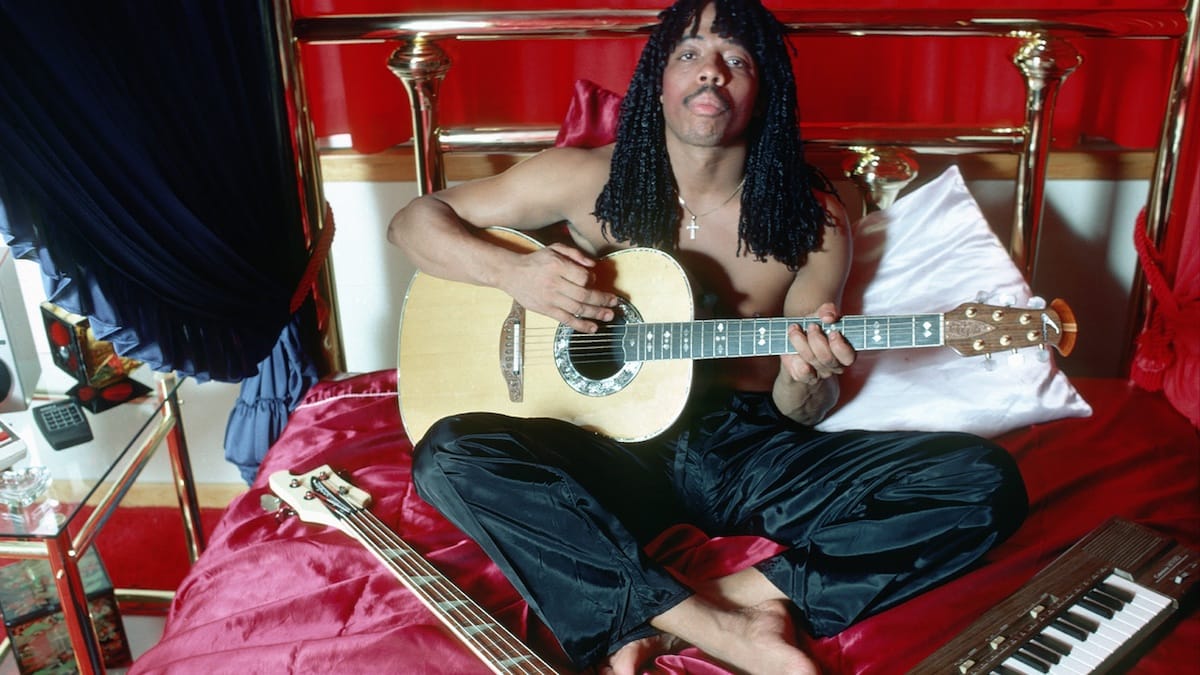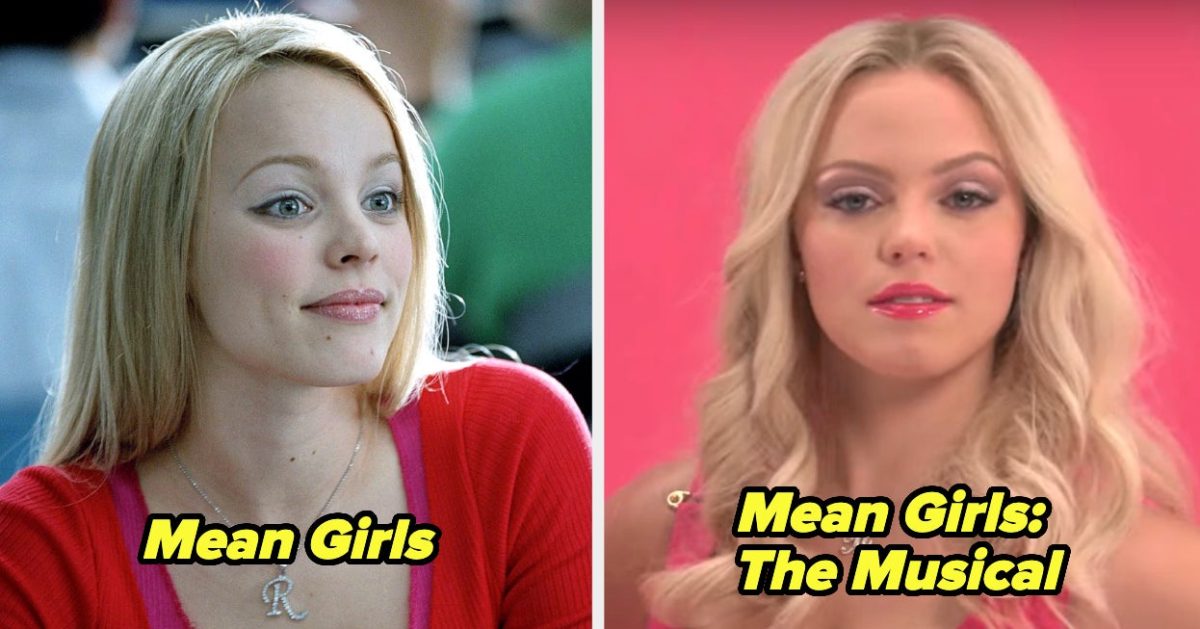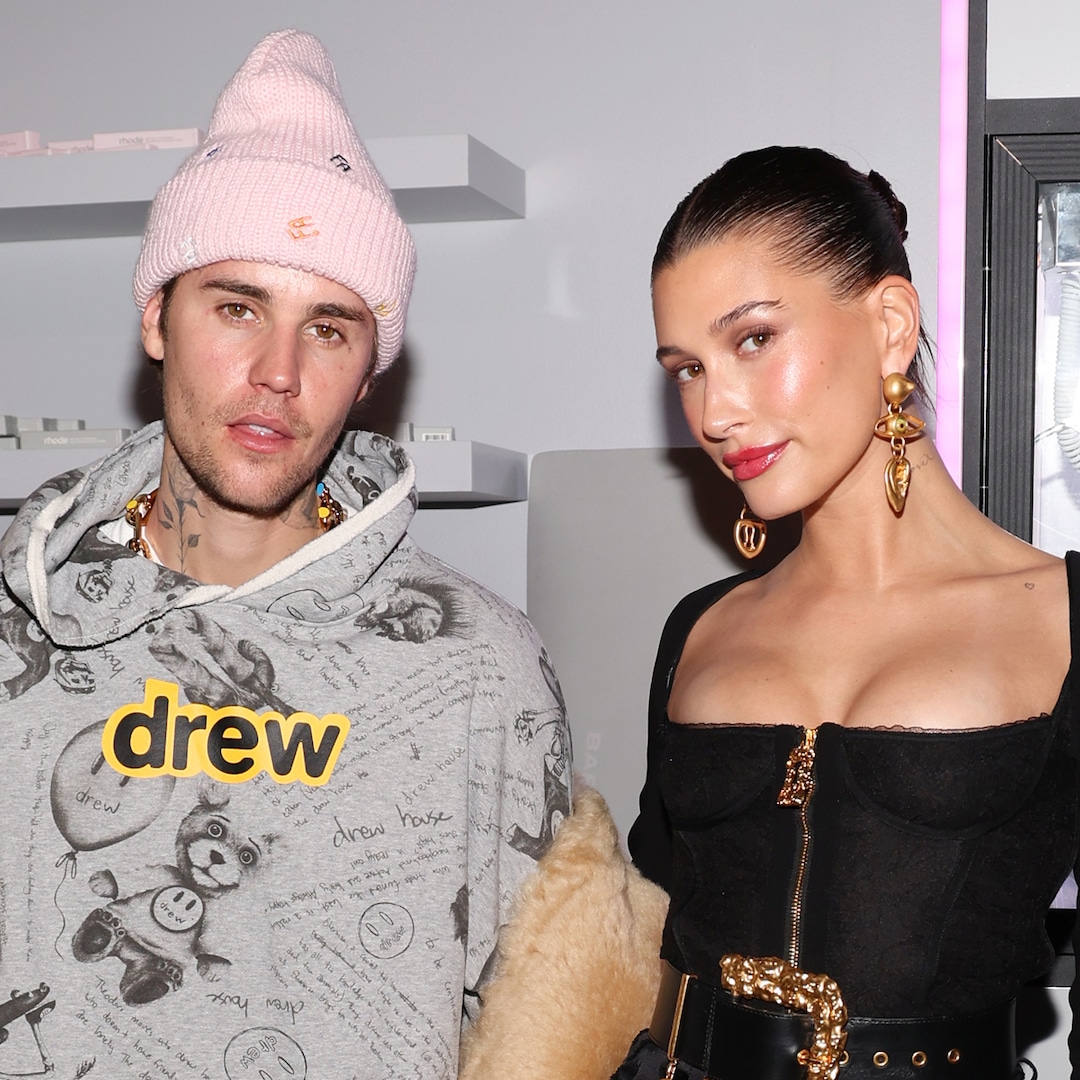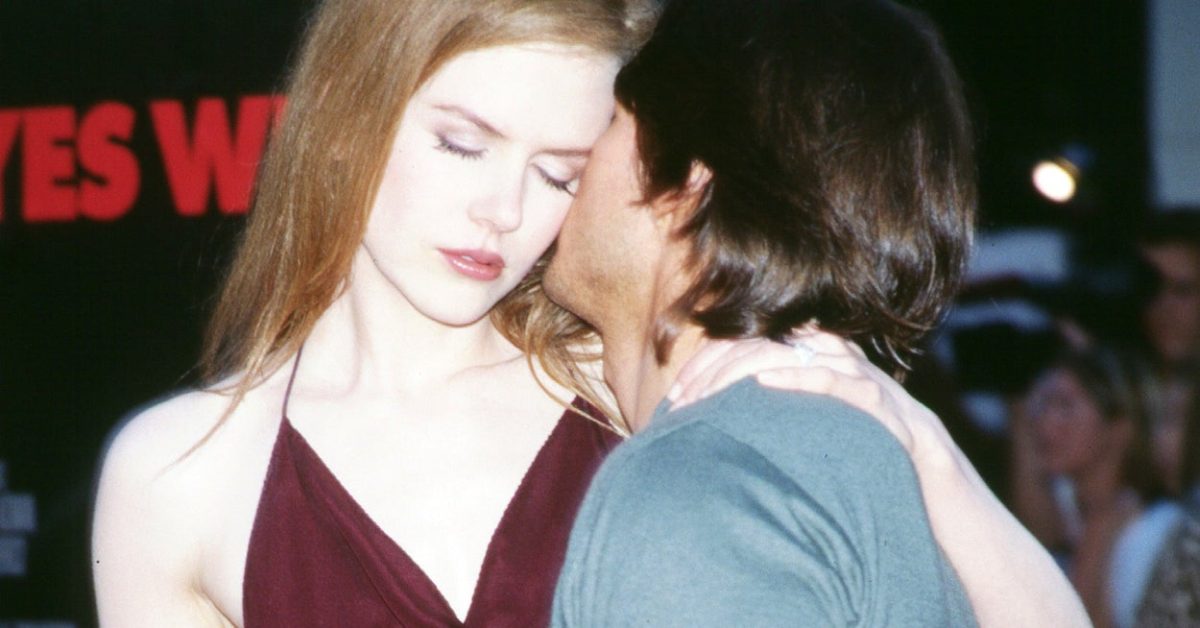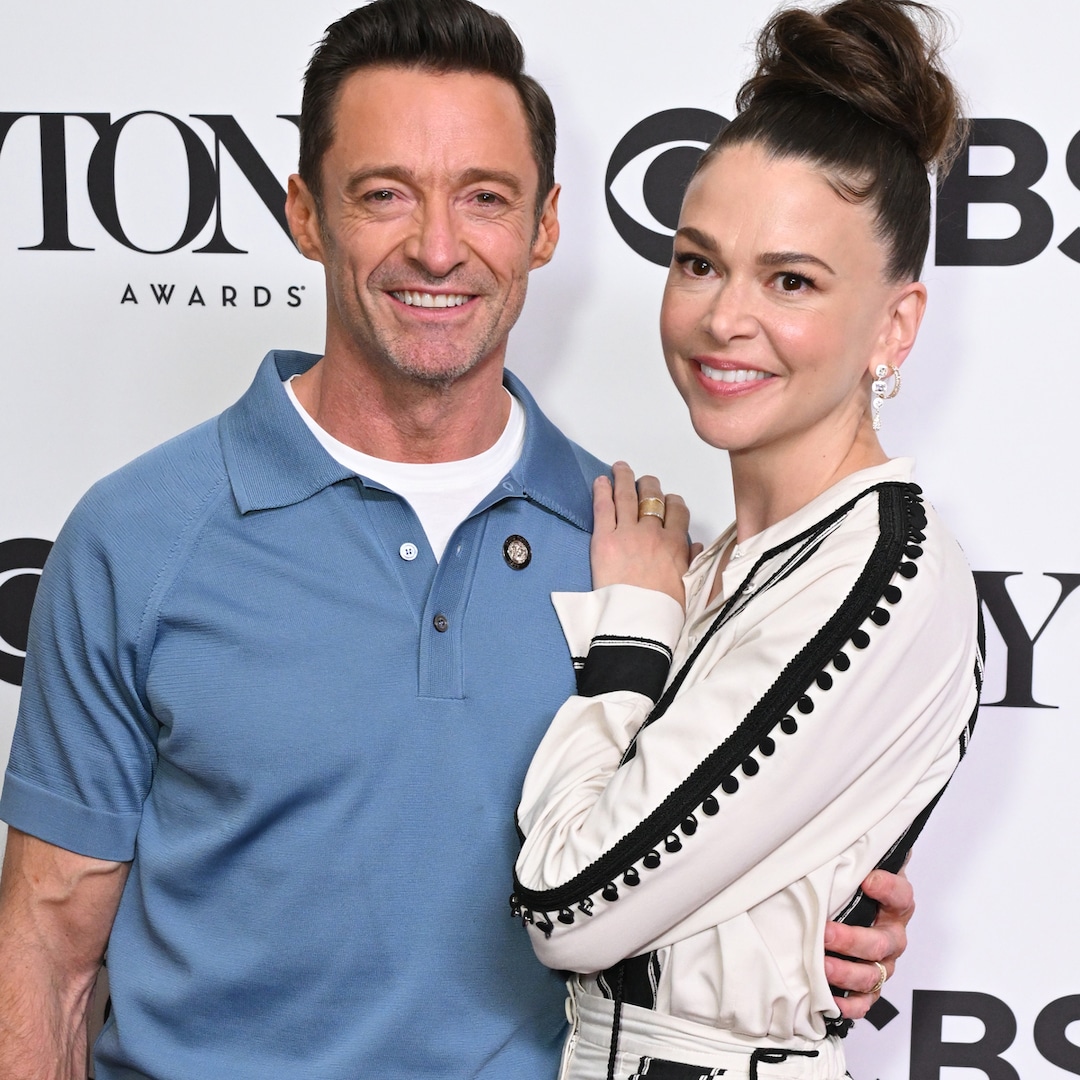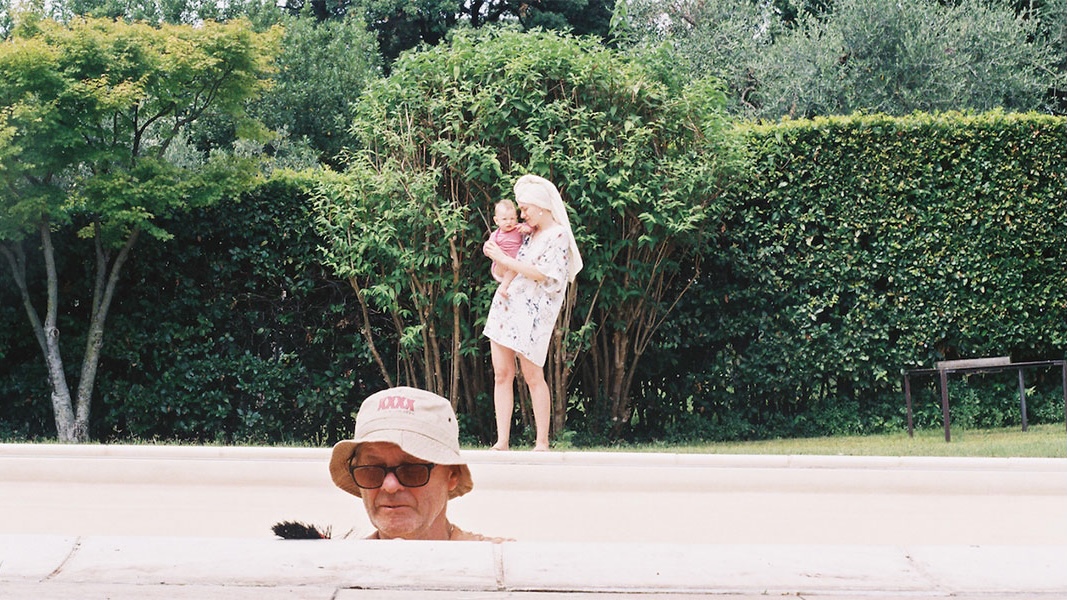
“My Father Started Using the Hidden Camera to Send Messages Expressing What Seemed Like Regrets”: Lina Vdovîi and Radu Ciorniciuc on their TIFF-Premiering Doc Tata
Sep 8, 2024
#image_title
Lina Vdovîi and Radu Ciorniciuc’s TIFF-debuting Tata originated with a cry for help from a migrant worker being physically assaulted by his boss. The Romania-based filmmakers, partners in life and art, are both veteran investigative journalists in their region — Vdovîi an award-winning reporter from the Republic of Moldova who’s been nominated for the European Press Prize, Ciorniciuc a co-founder of the first independent media organization in Romania — so worker exploitation was a familiar beat. More troubling, however, was the familiarity of the man video messaging the duo from Italy: Vdovîi’s dad, a father who she’d long been estranged from, having grown up in a household rife with domestic abuse.
Thus begins a fraught, country-hopping journey, one in which the pair go from simply outfitting Vdovîi’s dad with a hidden camera in pursuit of justice to deeply reckoning with a multigenerational past of toxic masculinity. And then somewhere along the way Vdovîi happily becomes pregnant, raising the stakes of truth and reconciliation ever more urgent and profound.
Just prior to the September 7th world premiere of Tata (Romanian for father), Filmmaker caught up with the couple, last on the North American festival circuit with their Sundance 2020 Best Cinematography Award-winning Acasă, My Home.
Filmmaker: This project started when Lina’s estranged father reached out for help, having become a victim of worker exploitation. So at what point did documenting evidence for a complaint against an employer turn into a personal feature-length doc? Was this always part of the plan?
Vdovîi: When I first received the message from my father showing bruises on his arms our initial intent was to make a film about the life of an exploited, Eastern European immigrant worker in Italy. As journalists Radu and I had covered similar stories in the past, including cases in which Romanians and Moldovans were exploited in meat factories, agricultural fields, and even died on construction sites, often without their families being aware.
So we immediately recognized that this was a similar story, and when we went to Italy we were already equipped with professional and hidden cameras. But when my father started using the hidden camera to send me messages expressing what seemed like regrets, I realized that if I wanted to address violence from the perspective of all the spaces it had invaded our lives — professionally, familially, individually — I needed to include my side of the story as well. This was essential for all of us to heal, and to break the vicious cycles that have affected our family for generations.
Filmmaker: In your director’s statement you did call this film an “attempt to rewrite the narratives we inherited from previous generations,” and also mentioned that your “troubled backgrounds” were a motivation. Which made me wonder how your experience with domestic violence might actually influence your filmmaking, including the subjects your choose and how you approach your characters.
Vdovîi: As a child who experienced both being a victim of and witness to violence and aggression, I always felt that I didn’t have a voice. Whenever I tried to stand up for myself or the other women in my family I was silenced. I felt powerless for most of my early years.
So when I started my career as a journalist, my main motivation was to provide a platform for people who wouldn’t otherwise have their voices heard. I focused on the marginalized, discriminated and abused, with the curiosity and empathy that I wished someone had shown me as a child.
Filmmaking was a natural transition from journalism, as it allowed me to delve deeper and to tell more nuanced, complex and comprehensive stories. With Acasă, My Home, our first film, which I worked on as a screenwriter, we followed the lives of a Roma family for four years. With Tata I spent six years exploring the roots of violence within my family, and trying to understand how much of the choices we make as individuals are influenced by the social and cultural environments that shape us. And what it takes to change.
Filmmaker: Since Radu co-founded the first independent media organization in Romania (Casa Jurnalistului, which focused on “in-depth, long-form, and multimedia reporting”), I’m curious to hear about the state of investigative journalism in Romania. Are there particular challenges? (Or peculiar ones. I remember that Alexander Nanau’s 2019 expose Collective followed a public health scandal, broken by journalists at a sports magazine of all things.)
Ciorniciuc: The journalists featured in Collective no longer work for the sports magazine, as the Swiss media trust that owned it decided to dismiss the management and about 20% of the staff. The journalists explained that this decision came after they refused to accept advertisements from the online betting and sports industry. It was heartbreaking for all of us, as they were among the best investigative reporters in the country. Fortunately, they founded a new publication and continued to expose the corruption and injustice affecting our society.
I’m proud to say that Romanian investigative journalism, despite facing significant challenges from harsh political realities, continues to thrive and produce world-class investigations. Over the last ten-15 years, Romanian investigative journalists have been part of the teams that uncovered nearly all major “laundromat” stories, with some of these teams winning the Pulitzer Prize.
Filmmaker: Have all the participants seen the final film? What have been the reactions?
Vdovîi: We organized a private screening for my parents to watch the film. At the beginning they were sitting on opposite sides of the couch, separated, tense, and anxious. By the end of the screening they had moved next to each other, with my father holding a glass of wine in one hand and hugging my mother with the other. Afterward we all sat at the dinner table in the kitchen and discussed the film. My father sighed and then said, “If after all of this we can still all eat at the same table I will be happy.”
Since then I’ve felt that our relationship evolved and became more honest and truthful. We know each other better and understand each other better. I believe this is the first step toward our collective and individual healing.
Filmmaker: Finally, has the film impacted the case against the Italian employer in any way? Is the employer even aware of the doc?
Vdovîi: A couple of years ago, while we were making the film, we sued the employer, who subsequently paid compensation to my father. This helped him regain his dignity and a sense of self-worth.
The employer is aware that my father filmed him and that the footage was used in the lawsuit against him. However, we do not disclose his identity in the film. We believe it is more important to address the broader phenomenon, which affects many parts of the world, rather than focus on a specific individual.
Publisher: Source link
Broadway Musicals Vs Movie Adaptations Poll
Just like many actors work in both film and theater, so do many famous stories. Over the years, plenty of Broadway shows have been adapted into movies, and plenty of movies have been adapted into Broadway shows. Now, we ask…
Jan 15, 2025
Hailey Bieber and Justin Bieber Share Photos of Romantic Aspen Getaway
Justin Bieber and Hailey Bieber are snow in love. The “Peaches” singer shared a collection of photos taken as the couple—who welcomed son Jack Blues Bieber in August—enjoyed a recent winter getaway in Aspen, Colo. In the final photo of…
Jan 15, 2025
Nicole Kidman’s Viral Getty Image Catalog
Nicole Kidman's Viral Getty Image Catalog Nicole Kidman has stepped back into the limelight to promote the new A24 erotic thriller Babygirl — and she’s looking as radiant as ever. The Academy Award-winning star has had an incredibly storied career,…
Jan 14, 2025
Hugh Jackman and Sutton Foster Have Steamy Makeout Session
The Music Man's final curtain call was in January 2023. But it wasn't the only thing to come to an end. In September of that year, Jackman and his wife of 27 years Deborra-Lee Furness announced their split."We have been blessed…
Jan 14, 2025



